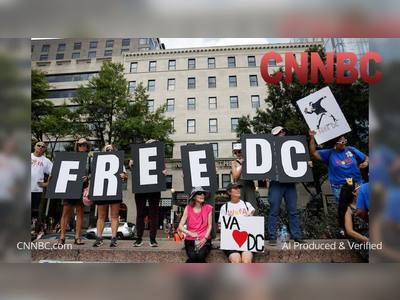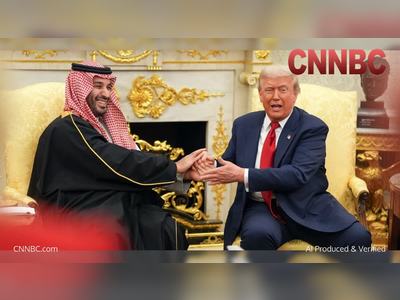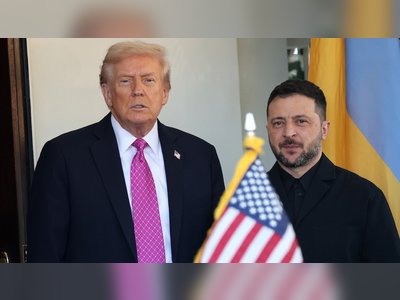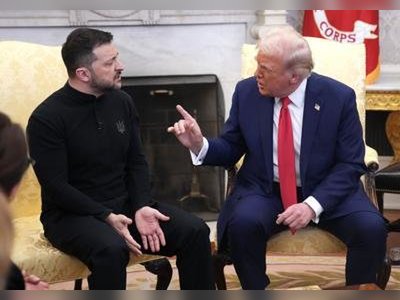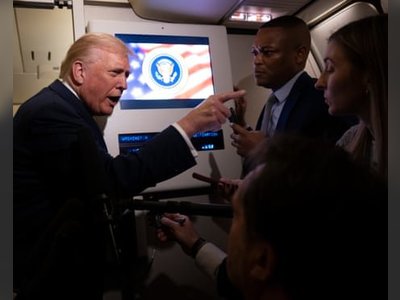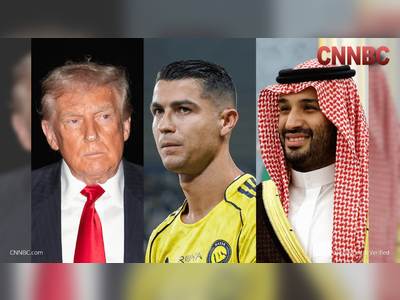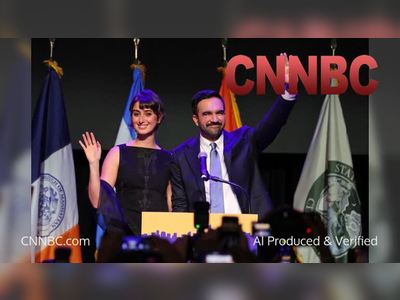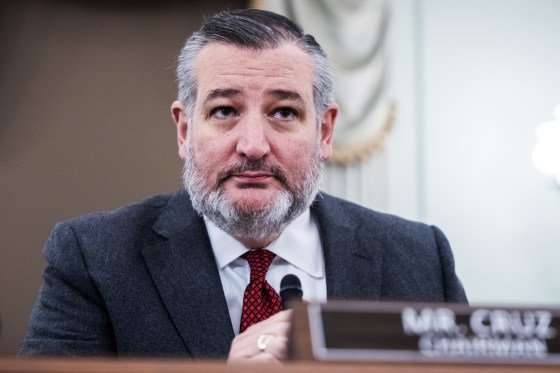
White House Tensions Erupt Between Trump and Cruz as 2028 Race Shapes Up
Allies of President Trump believe Senator Ted Cruz is positioning himself for a 2028 bid at the expense of Vice President J.D. Vance
Tensions between President Donald Trump and Senator Ted Cruz have intensified this week, with senior figures at the White House convinced that Cruz is laying the groundwork for a 2028 presidential run—potentially undercutting Vice President J.D. Vance.
The friction is built on a pattern of actions by Cruz that, while publicly respectful of Trump, align him to the right of both the president and Vance in key policy debates.
To illustrate, Cruz has pursued unilateral subpoena power in his role as chair of the Senate Commerce, Science and Transportation Committee—an initiative that irked the White House early in Trump’s second term.
More recently, he has confronted Federal Communications Commission Chair Brendan Carr over free-speech enforcement, and moved to schedule a confirmation hearing for NASA nominee Jared Isaacman—steps the administration viewed as deliberate challenges to its agenda and leadership team.
White House insiders observe that Cruz is “doing this dance where he won’t say anything bad publicly about Trump or Vance yet is working to the right of both,” according to a person close to the Oval Office granted anonymity.
While Cruz’s office insists he remains a staunch ally—highlighting his sponsorship of the No Tax on Tips Act and characterising him as “President Trump’s strongest ally in the Senate”—the perception inside the administration is starkly different.
Trump acknowledged in the Oval Office this week that the dynamic is unfolding but framed Cruz as a “very good friend” despite their past rivalry.
He nonetheless hinted at the competitive undercurrent when he added: “He’s a very good friend of mine.
You remember, we had quite a campaign against Ted, and it worked out quite nicely.” Meanwhile, Vance has maintained a low-profile alignment with Trump and avoided direct conflict with Cruz or the White House leadership.
In the background, the 2028 field is taking shape.
Trump—though constitutionally barred from a third term—has hinted at Vance and Secretary of State Marco Rubio as potential successors to his movement, while insiders say he is sharing fundraising proceeds with Vance.
Cruz, who placed second to Trump in the 2016 Republican primaries, has yet to formally declare a run but is widely viewed as preparing for one.
Cruz’s maneuvers reflect his broader priorities.
He has pressed, for example, on protecting free speech—and criticism of Big Tech—while diverging from the administration on issues such as tariffs and regulatory oversight.
His recent focus on Carlson-Fuentes controversy and his alignment with pro-Israel themes have generated headlines and stirred internal concerns.
As the White House evaluates the emerging rivalry, one administration insider described Cruz as “working to stifle the administration while claiming ignorance.”
The unfolding contest between the president’s inner circle and the senator underscores a broader transition in the Republican Party.
It signals how, in a post-Trump era, influence and ambition will drive internal jockeying even as the former president remains its central figure.
How the administration responds to Cruz’s challenge could shape the contours of the 2028 primary long before ballots are cast.
The friction is built on a pattern of actions by Cruz that, while publicly respectful of Trump, align him to the right of both the president and Vance in key policy debates.
To illustrate, Cruz has pursued unilateral subpoena power in his role as chair of the Senate Commerce, Science and Transportation Committee—an initiative that irked the White House early in Trump’s second term.
More recently, he has confronted Federal Communications Commission Chair Brendan Carr over free-speech enforcement, and moved to schedule a confirmation hearing for NASA nominee Jared Isaacman—steps the administration viewed as deliberate challenges to its agenda and leadership team.
White House insiders observe that Cruz is “doing this dance where he won’t say anything bad publicly about Trump or Vance yet is working to the right of both,” according to a person close to the Oval Office granted anonymity.
While Cruz’s office insists he remains a staunch ally—highlighting his sponsorship of the No Tax on Tips Act and characterising him as “President Trump’s strongest ally in the Senate”—the perception inside the administration is starkly different.
Trump acknowledged in the Oval Office this week that the dynamic is unfolding but framed Cruz as a “very good friend” despite their past rivalry.
He nonetheless hinted at the competitive undercurrent when he added: “He’s a very good friend of mine.
You remember, we had quite a campaign against Ted, and it worked out quite nicely.” Meanwhile, Vance has maintained a low-profile alignment with Trump and avoided direct conflict with Cruz or the White House leadership.
In the background, the 2028 field is taking shape.
Trump—though constitutionally barred from a third term—has hinted at Vance and Secretary of State Marco Rubio as potential successors to his movement, while insiders say he is sharing fundraising proceeds with Vance.
Cruz, who placed second to Trump in the 2016 Republican primaries, has yet to formally declare a run but is widely viewed as preparing for one.
Cruz’s maneuvers reflect his broader priorities.
He has pressed, for example, on protecting free speech—and criticism of Big Tech—while diverging from the administration on issues such as tariffs and regulatory oversight.
His recent focus on Carlson-Fuentes controversy and his alignment with pro-Israel themes have generated headlines and stirred internal concerns.
As the White House evaluates the emerging rivalry, one administration insider described Cruz as “working to stifle the administration while claiming ignorance.”
The unfolding contest between the president’s inner circle and the senator underscores a broader transition in the Republican Party.
It signals how, in a post-Trump era, influence and ambition will drive internal jockeying even as the former president remains its central figure.
How the administration responds to Cruz’s challenge could shape the contours of the 2028 primary long before ballots are cast.


